When you think about self-hosted services, applications designed to boost your productivity are probably the first things that come to mind. However, the home server ecosystem has thousands of applications that can cater to all your needs, whether it’s augmenting your creative pursuits, adding some extra flair to your smart home, or helping you become a better coder.
Once you dig deep into this rabbit hole, you may come across entertainment-driven applications that add several quality-of-life features to your movie marathons, reading time, and gaming sessions.
6 Pterodactyl
Manage your game servers like a pro
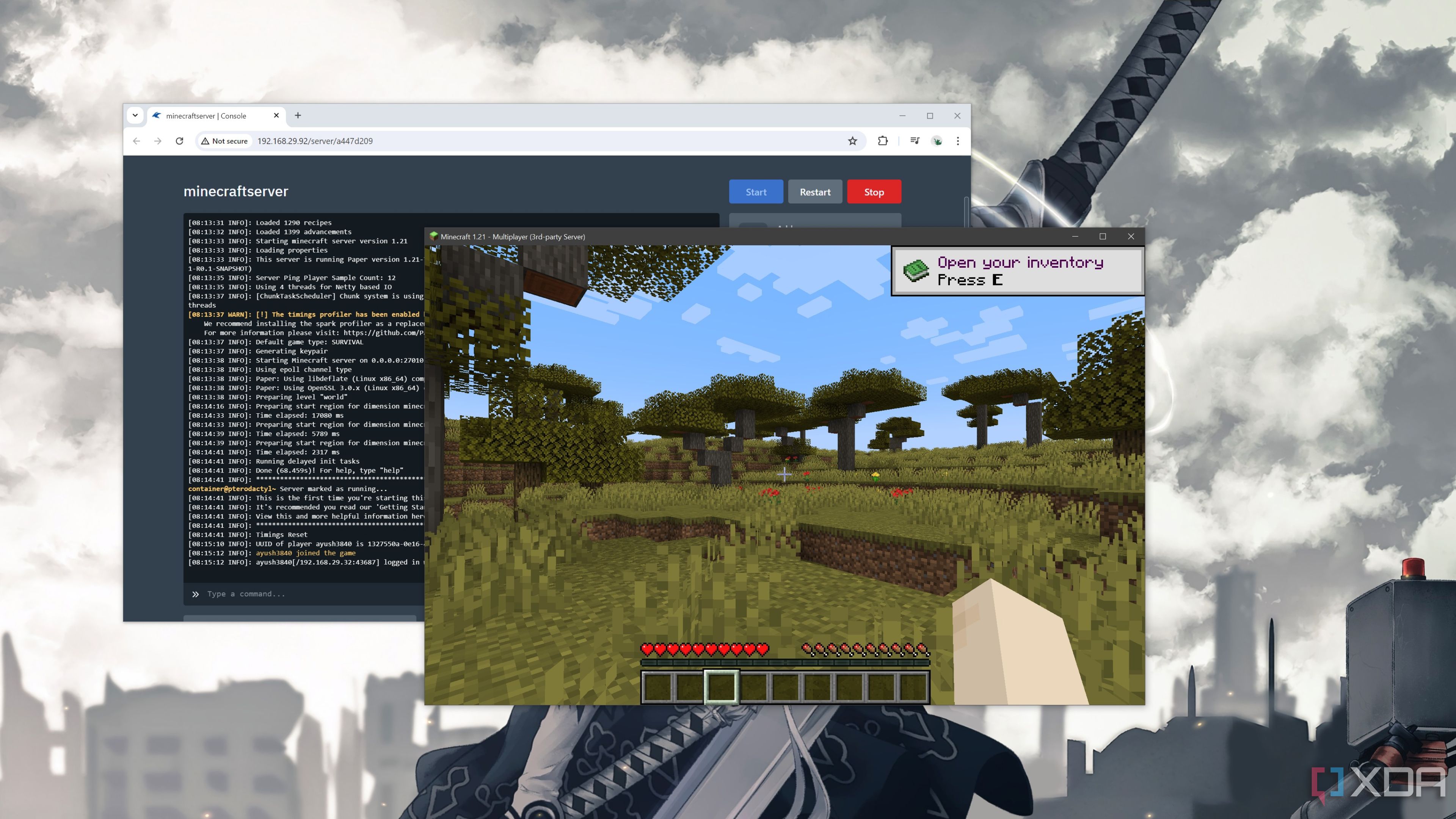
Public multiplayer servers are fine for competitive titles and MMORPGs, but there are times when you may want to host your own game server. Perhaps you wish to tinker with quirky mods in a private lobby, free from external interference by curious players. Maybe you want an exclusive space where you can enjoy your favorite titles with your friends and family. Or maybe you’re an esports enthusiast looking to flex your marksmanship skills and godlike reflexes at a LAN party.
The Pterodactyl Wings and Panel combo is one of the best ways to manage your private servers. While it’s a bit harder to put together if you’re not using Proxmox, the Pterodactyl suite has one of the best UIs among game server management utilities and supports the majority of popular multiplayer titles, especially once you arm it with the Pterodactyl Egg Repository.
5 Navidrome
Along with Audiobookshelf
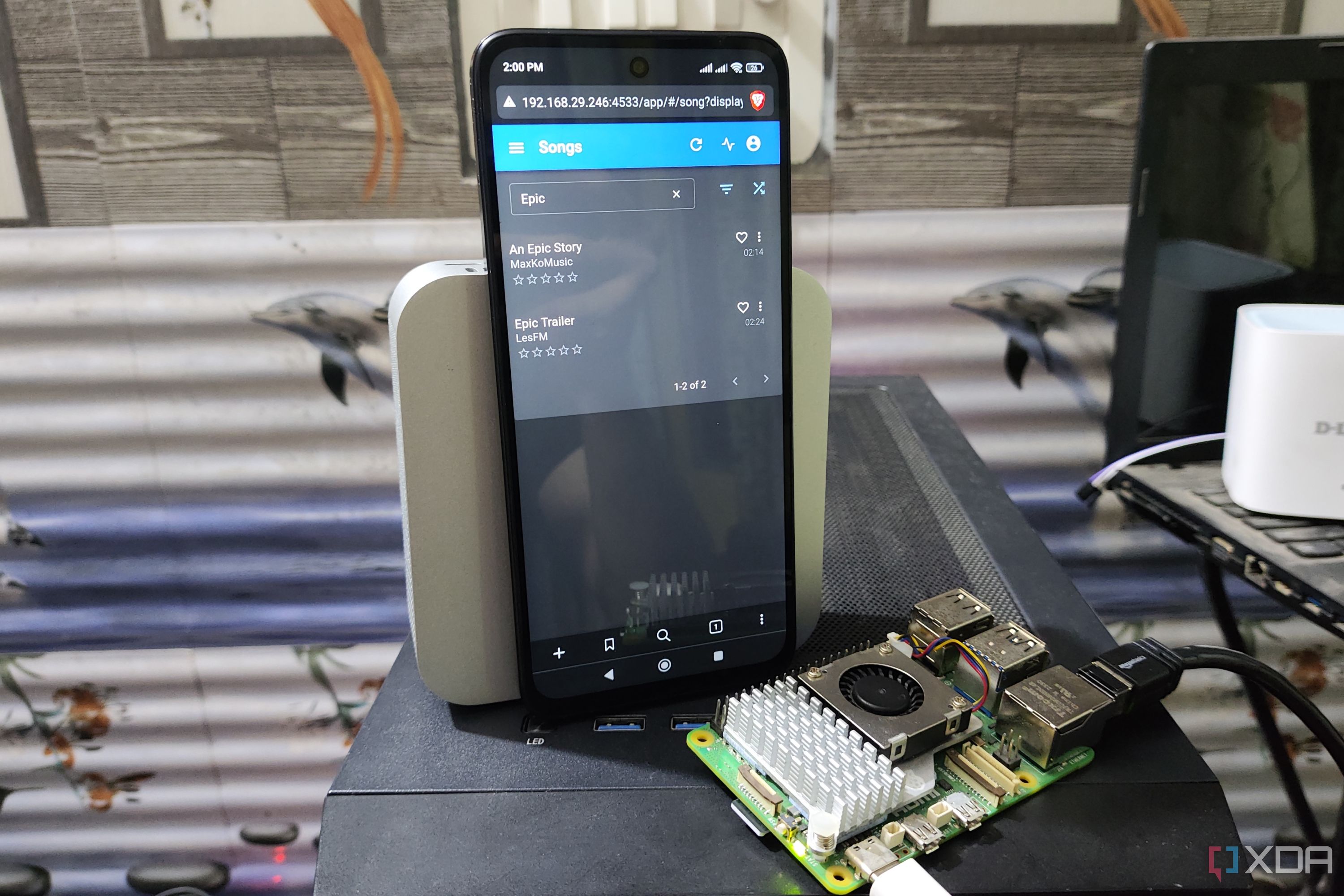
Over the last couple of months, I’ve dabbled with multiple self-hosted music streaming platforms. But I keep coming back to Navidrome for a couple of reasons. Unlike moOde Audio and piCorePlayer, Navidrome can be hosted inside a Docker container without affecting the streaming quality even on low-end devices. Besides its solid performance, Navidrome can stream practically any audio format to your devices and has a clean web UI that harnesses the Subsonic API to provide rock-solid tagging, transcoding, and live-streaming capabilities to your audiophile setup.
Although Navidrome has enough provisions for audiobooks and podcasts, I tend to favor Audiobookshelf for my non-music library. Relegating my audiobook collection to the latter makes it a lot easier to manage my library, and I can use RSS feeds to download my favorite podcast episodes. Plus, it even lets me sync my progress across multiple devices!
4 Calibre-Web
Great for bibliophiles
While we’re on the subject of books, Calibre-Web is hands-down my favorite self-hosted utility for organizing my ebook collection. For starters, it’s compatible with most ebook formats, including those for audiobooks and comics. Personally, I have no issues reading my book collection directly on Calibre-Web’s UI. But since it supports OPDS feeds, you can use your Calibre-Web server in tandem with your favorite ebook reader application.
At its core, Calibre-Web is meant to be a server application for your ebook library, and that’s reflected in its tagging and metadata editing facilities. Throw in the ability to show off your library via customizable shelves, and it’s clear why Calibre-Web earns a place on this list.

Related
5 best self-hosted services for bibliophiles
Fancy yourself a bibliophile? Here are five useful apps you can host on your home server
3 RomM
Emulation lovers, rise up
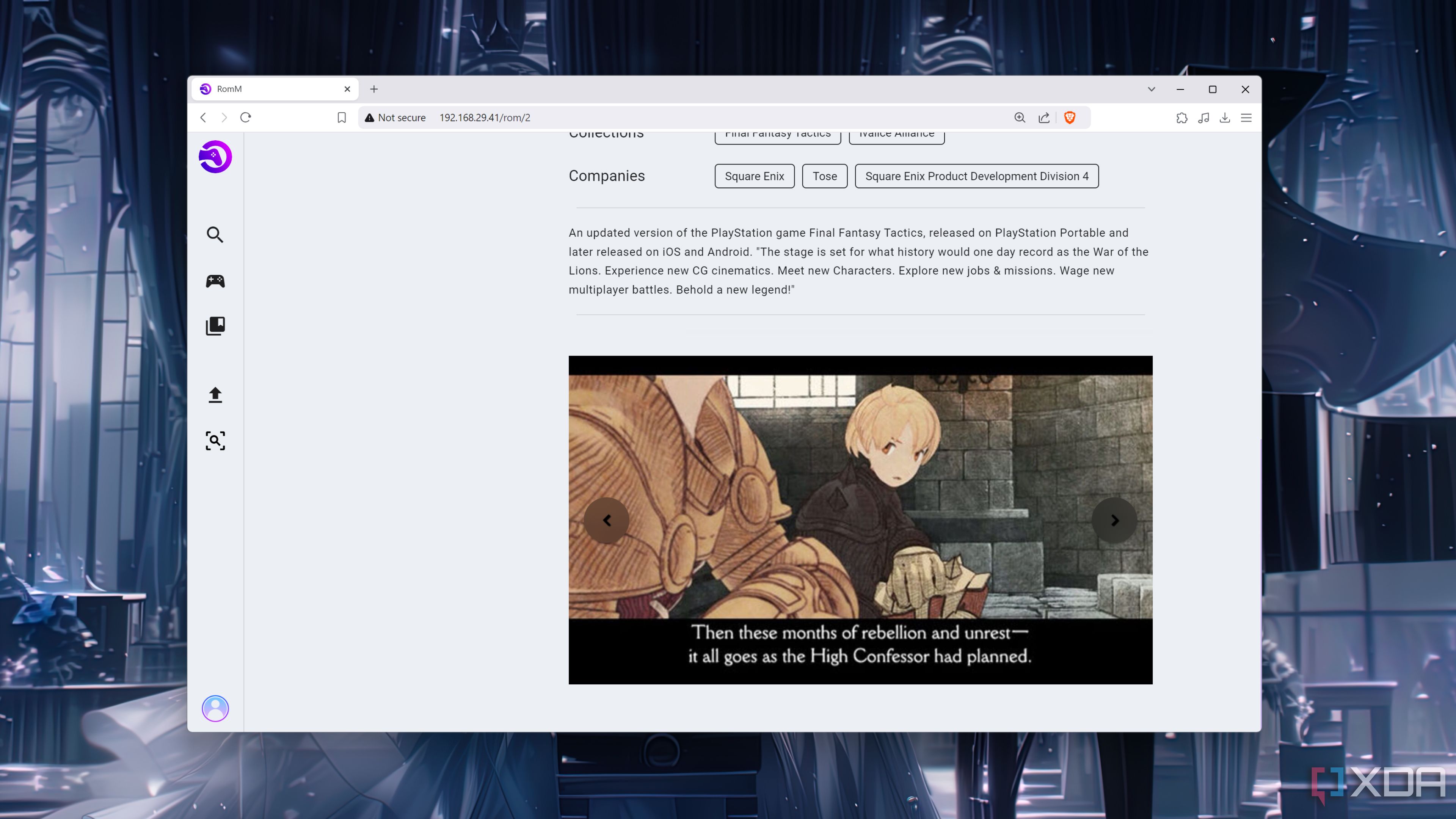
If you’re into retro gaming, you probably have hundreds of ROM files ripped from your favorite consoles of yore. Managing them can be a real pain, especially when you’ve got games from multiple console generations. After tinkering with RomM last year, I ended up shifting my entire ROM library to the self-hosted application, and it has made organizing my emulation library a breeze.
Of course, setting it up can be a real challenge because you’ll have to connect IGDB and SteamGridDB instances with your RomM instance. But once you’ve configured everything, you’ll have a neat dashboard that can display your ROM library, pull game details using metadata files, and organize your collection using tags. As a bonus, you can even run games from older titles directly in your browser thanks to its EmulatorJS integration.
2 Jellyfin
The best self-hosted media server out there
Even if you’re relatively new to the self-hosting landscape, you’ve probably heard of the trifecta of media streaming platforms: Plex, Jellyfin, and Emby. Although each service has its perks, Jellyfin remains the best option for watching and cataloging your media files. Rather than forcing you to sign in to a third-party server, Jellyfin lets you configure a local account that stays on your home network.
Unlike its rivals, Jellyfin doesn’t need access to the Internet to play your own media. On top of that, it supports GPU transcoding, remote sharing, and other advanced features without putting paywalls into the mix.
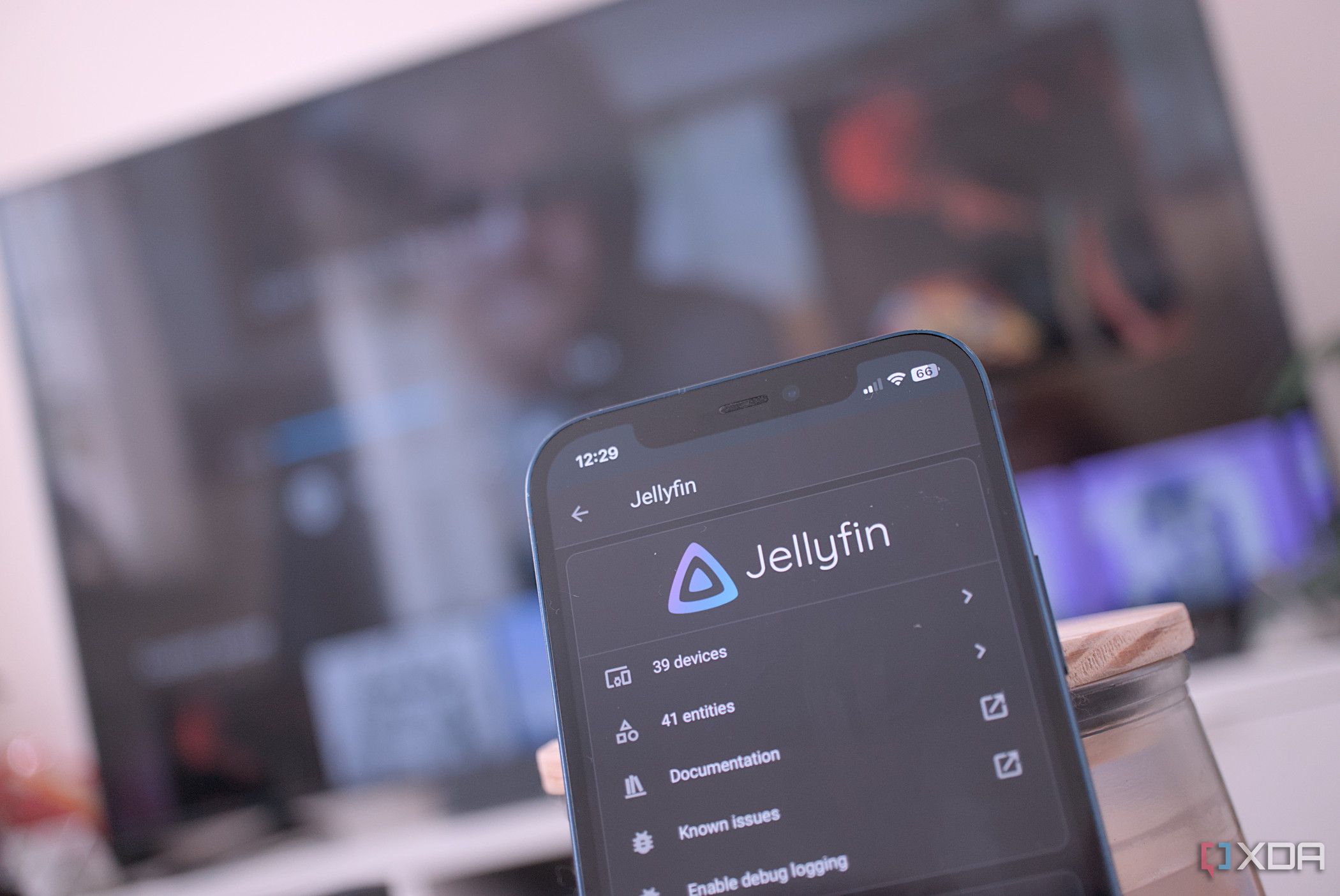
Related
4 reasons Plex is pushing me further and further towards Jellyfin
With Plex becoming a minefield of clutter and paywalled features, it's about time I switched to Jellyfin
1 Apollo and Artemis
A private remote gaming setup
One of the biggest drawbacks of a towering behemoth of a gaming PC is that you can’t lug it around wherever you go. However, remote game streaming platforms can overcome this drawback by running the games on your battlestation and streaming them to your mobile devices. The Apollo and Artemis combo is currently my favorite way to play my PC games on Android… when I can’t emulate them on my smartphone, of course. But I digress.
Apollo acts as the backbone of this setup, and you’ll have to install it on the PC you wish to use as the server. Meanwhile, you can install Artemis on the client devices and connect it to the Apollo instance. While Apollo and Artemis are forks of the pre-existing Sunshine and Moonlight apps, Apollo's built-in virtual display makes it a better option for mobile gamers.
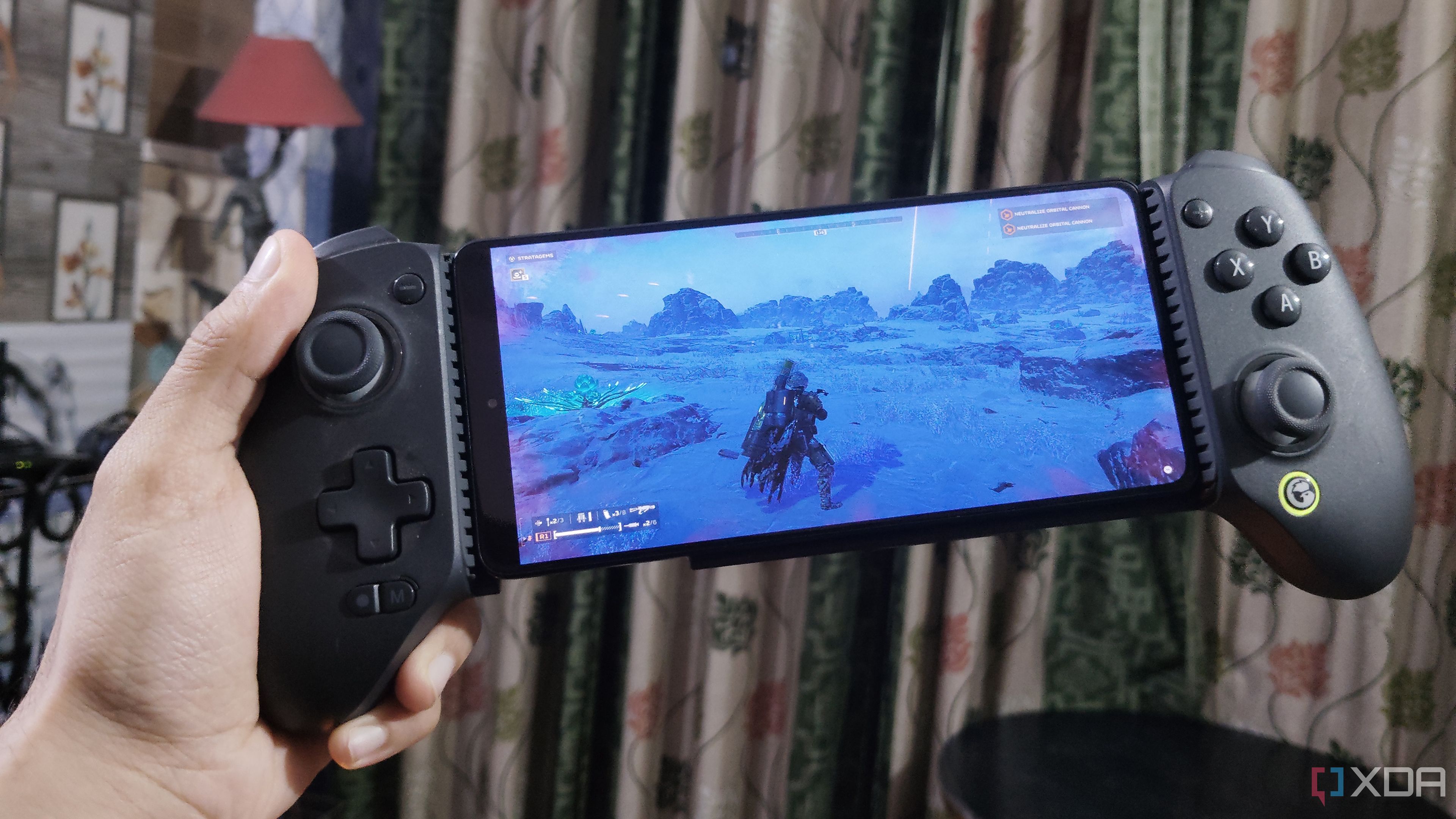
Related
I use Apollo and Artemis to stream PC games to my phone - here's how
With its built-in virtual display, the Apollo + Artemis combo is ideal for remote game streaming
Kick back and relax with your self-hosted suite
As is the case with my self-hosted listicles, I’ve got some more applications that deserve a shoutout. Parsec is a great alternative to the Apollo + Artemis combo if you want an easy and secure way to self-host your games on external networks without dealing with massive latency. If you’re fond of traveling, AdventureLog can provide a video game-esque UI for tracking your trips. Meanwhile, Habitica turns your daily schedule into an RPG, where you can level up your avatar by meeting your productivity goals in real life.
.png)










 English (US) ·
English (US) ·